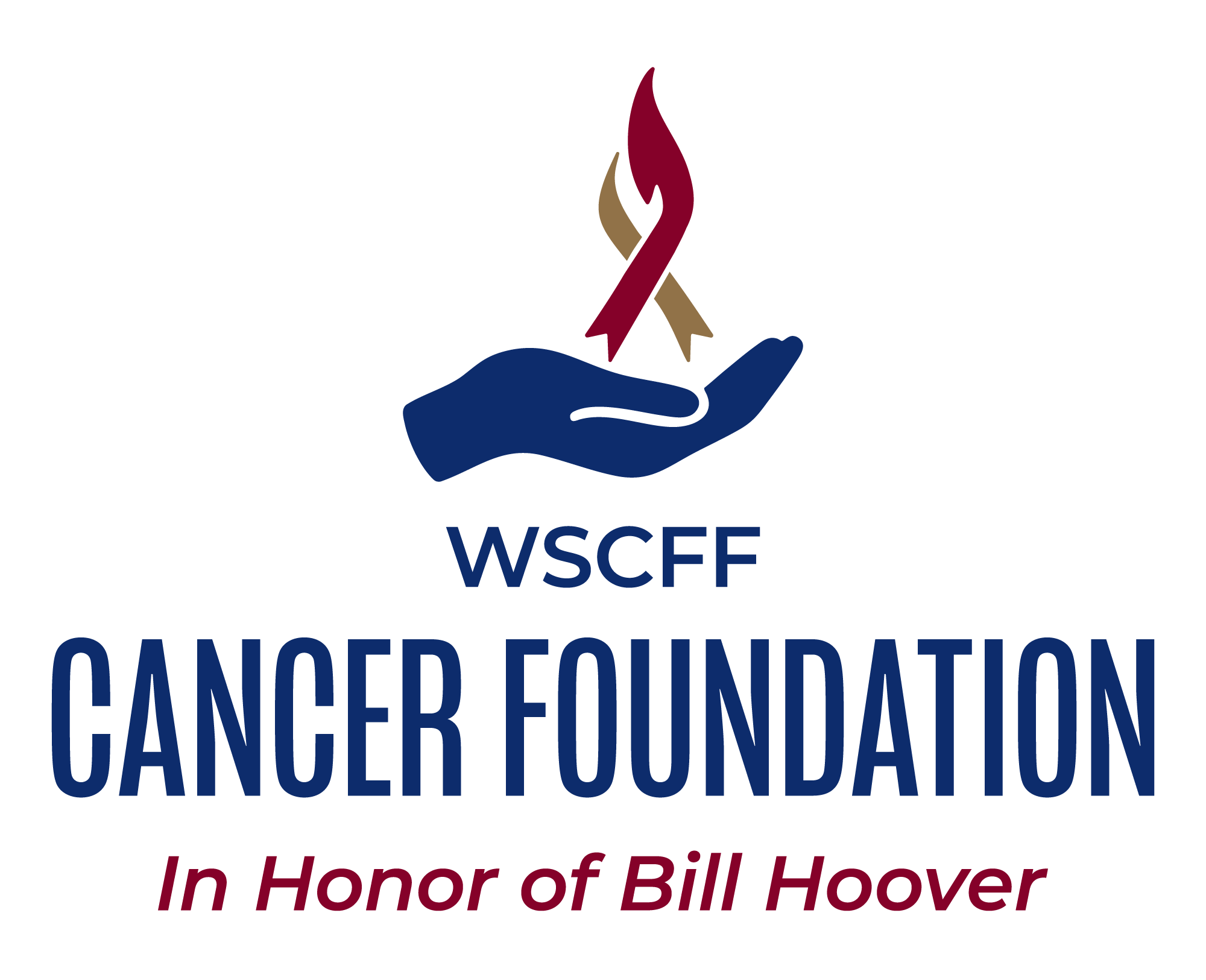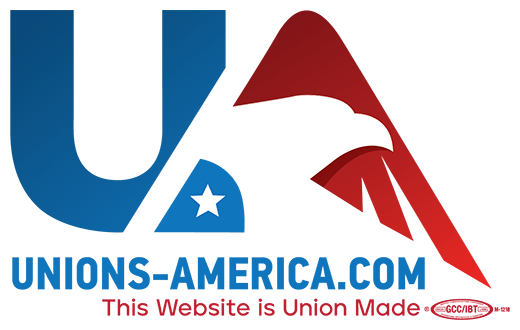|
Merriam-Webster defines an "Advocate" as one who defends or maintains a cause or proposal, or one who supports or promotes the interests of a cause or group or pleads the cause of another - and finally, to support or argue for (a cause, policy, etc.) Furthermore, "Advocacy" is the act or process of supporting a cause, proposal, or process of advocating something. Advocating for firefighter safety and health, members of the Cancer Foundation not only have the ability to advocate for an individual when dealing with a diagnosis, but also have the opportunity to identify and support firefighter safety and health issues through identifying and promoting best practices and policy development that helps reduce firefighters' exposures to known toxins and poisons. Advocacy can be broken down into three categories:
What is it? When someone works to change laws and policies at the local, state, or national level. For example, groups working for gun control in the US are an example of systems advocacy. In action: In March 2015, the Washington State Legislature passed Substitute House Bill 1604 (SHB 1604), which requires the Department of Labor & Industries (L&I) to form a work group to discuss establishing definitions, policies and procedures for mandatory reporting of hazardous exposures suffered by firefighters in the course of employment. The work group, including representatives of firefighter unions, fire departments, fire chiefs, state-fund public employers and self-insured employers, and members of your Cancer Foundation, began meeting in August 2015. The legislation requires a report from the work group, with any recommendations for legislation or rulemaking, to be submitted by January 1, 2016. The recommendation of the committee is enclosed in the final report attached HB 1604 final report Other examples are resolutions brought to convention to remove known carcinogens from materials commonly used by the fire service now found to be contributing to our illnesses, such as PFA's and PBDE's.. We encourage all firefighters to get educated on ways to make the fire service safer by reducing injuries and illnesses from unnecessarily impacting our firefighters. We will continue to bring attention to items that contribute to our higher rates of cancers and support actions taken by leadership to ensure firefighter safety and health. What is it? When someone advocates for the interests of one or a few people. For example, a parent advocating for their child's needs at school. We provide resources and materials that help individuals establish the questions and guide discussions with care teams to ask when going through a diagnosis and provide resources to manage the information flow. We also provide materials to assist in discussions with employers to navigate work challenges during treatment, which can be overwhelming at times. We encourage to promote the use of a point person to be responsible for disseminating information and managing the amount of time a person spends discussing their condition. A cancer diagnosis is not who the person is, but it unfortunately becomes the only thing they talk about with repeated phone calls, texts, or visits by well-meaning friends and family that distract from the person's ability to regain a "normal" routine. We provide education and resources for people who are going to play this important role in the treatment and recovery process. What is it? When an individual represents themselves, with or without support. When an individual is diagnosed, we promote self-advocacy when creating a treatment plan with the care team. Oncologists and surgeons want to know that the person they are working with is ready to face the changes and challenges that some treatments can bring. They want to know that the person is committed to the plan and will follow through with the program for the best outcomes. It is important as a patient to advocate for yourself, showing your care team you are ready and committed to the treatment program. It also sets the tone for recovery as the individual can take the necessary steps to ensure success and celebrate milestones. We provide resources and materials that help individuals establish the questions and guide discussions with care teams to ask when going through a diagnosis and provide resources to manage the information flow. We also provide materials to assist in discussions with employers to navigate work challenges during treatment, which can be overwhelming at times. Nobody should go through this alone, and we are here to help.
Page Last Updated: Jan 01, 2025 (18:26:26)
|
|
|
|
|


